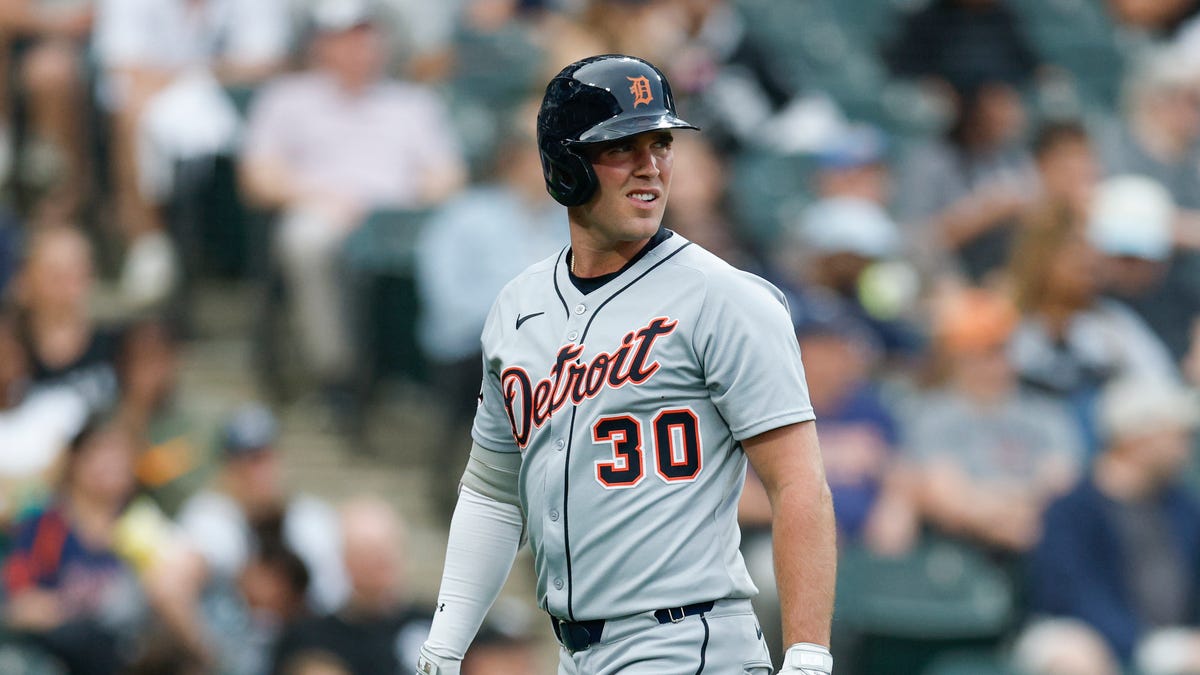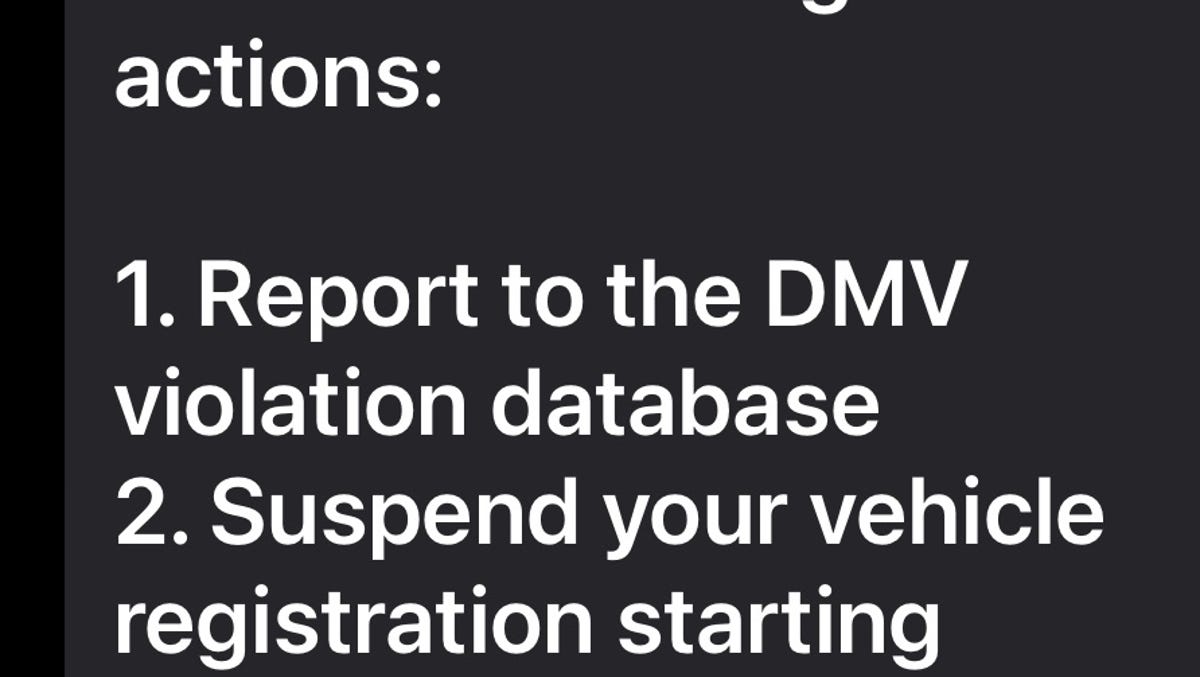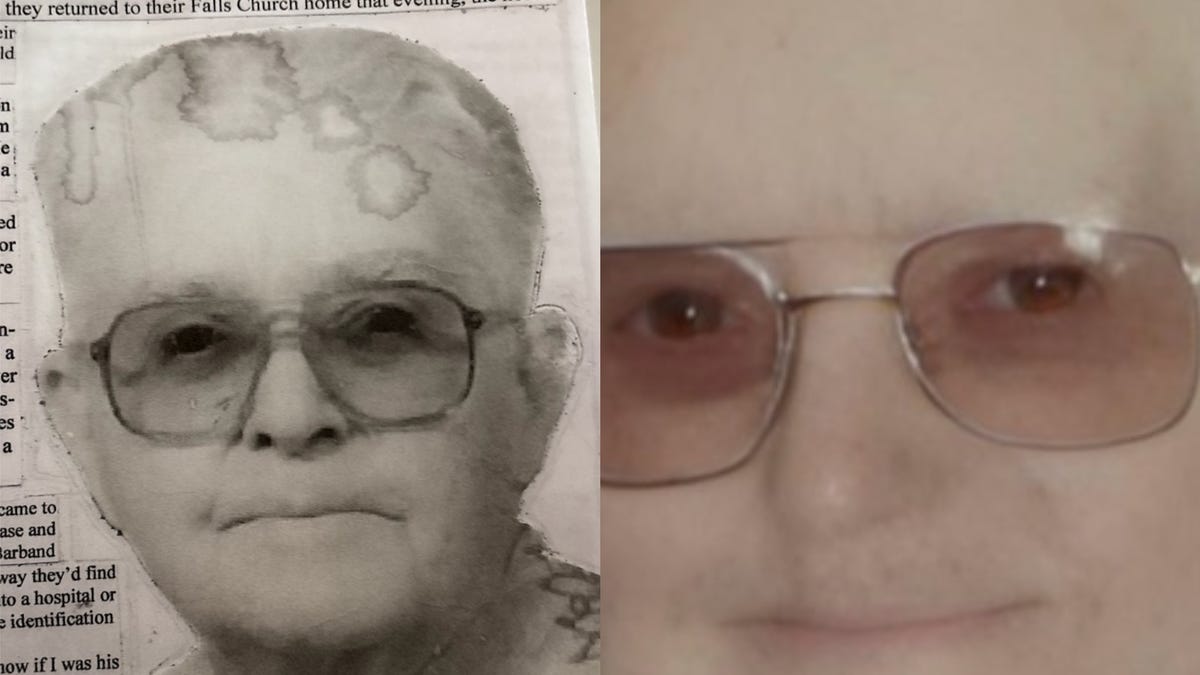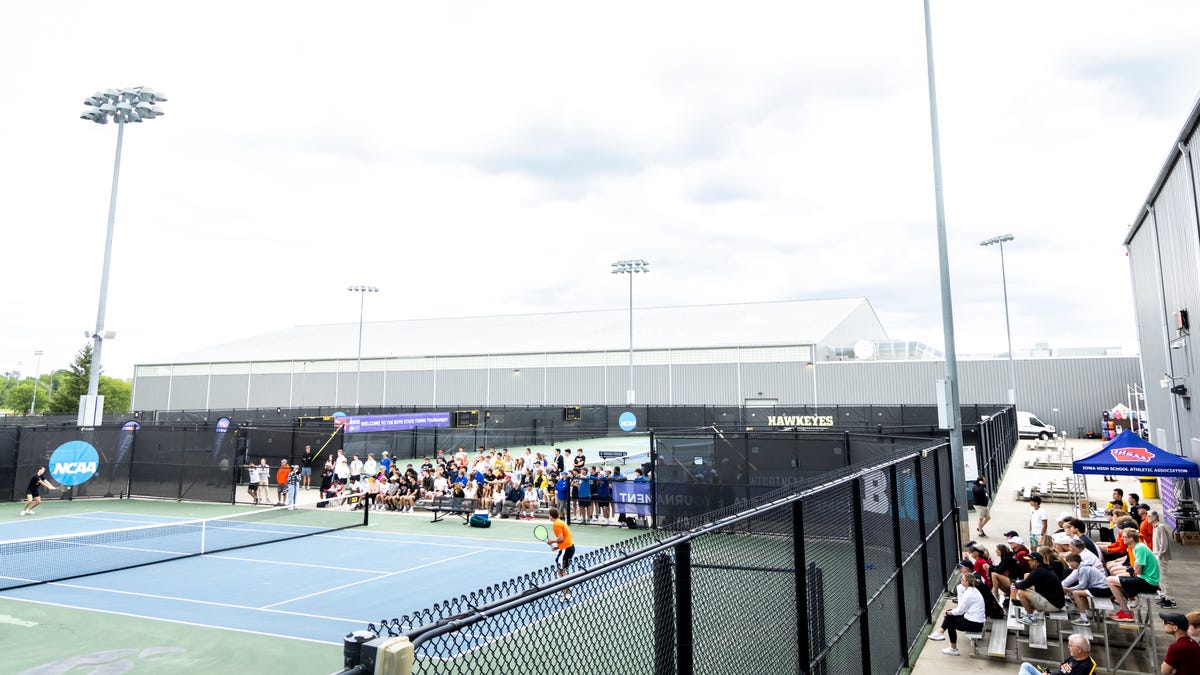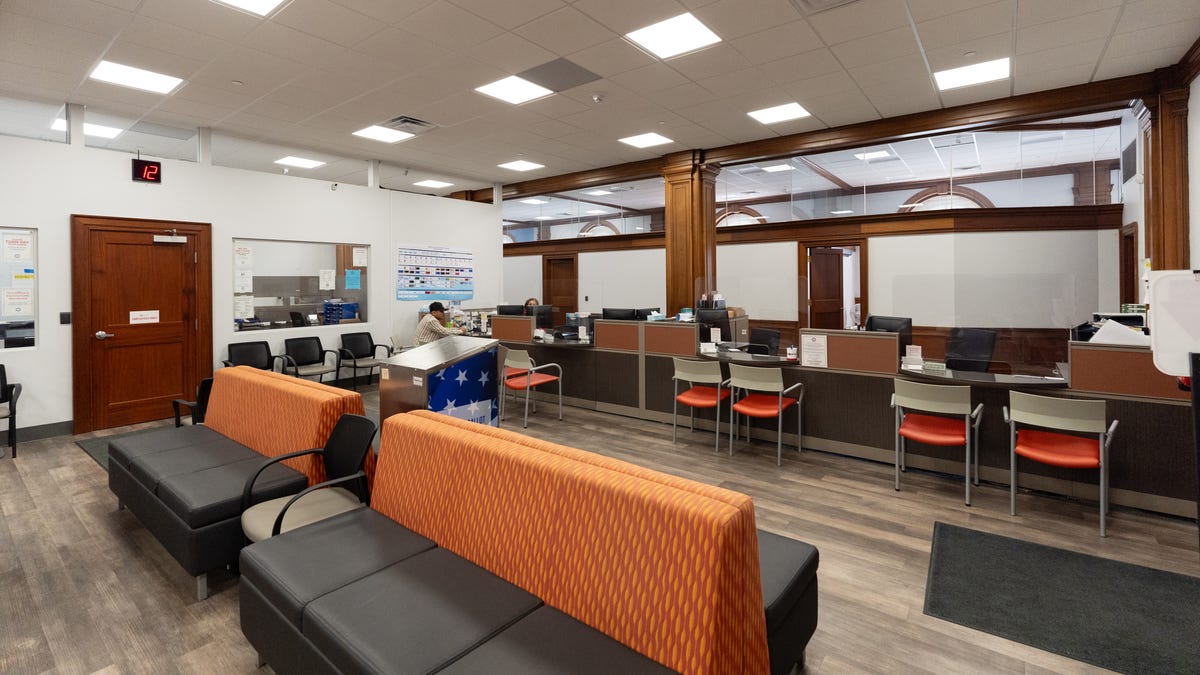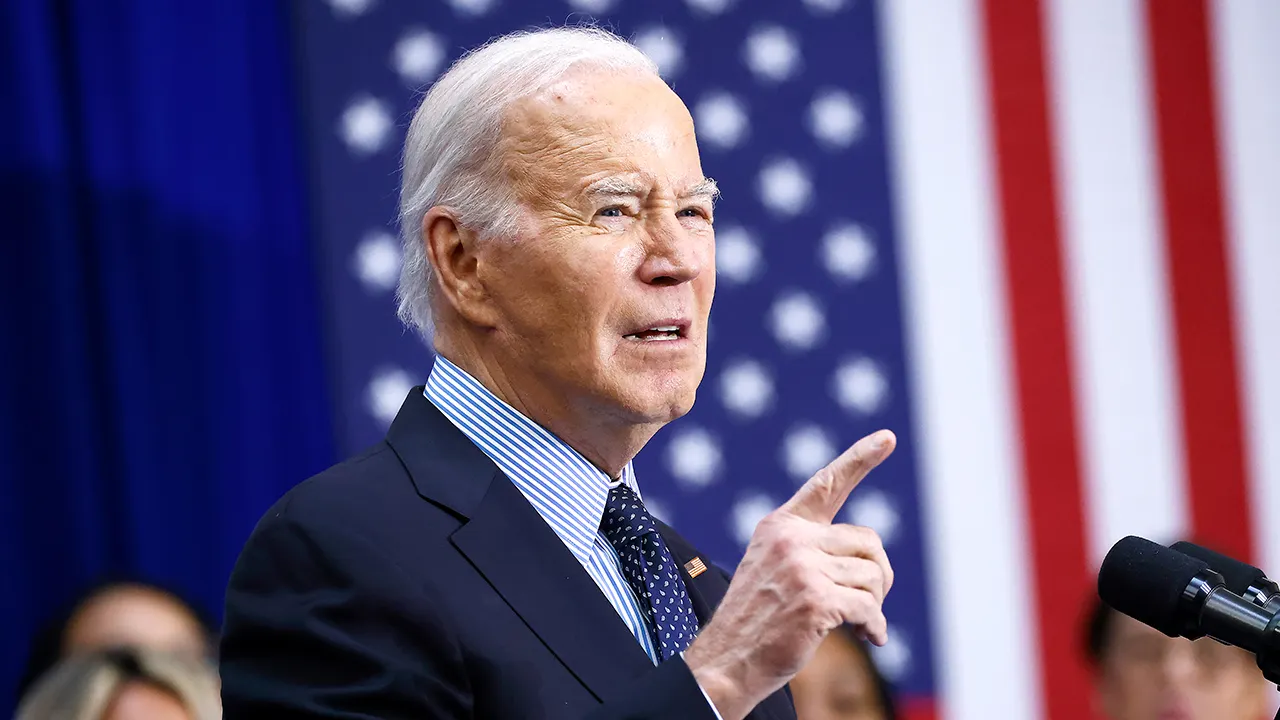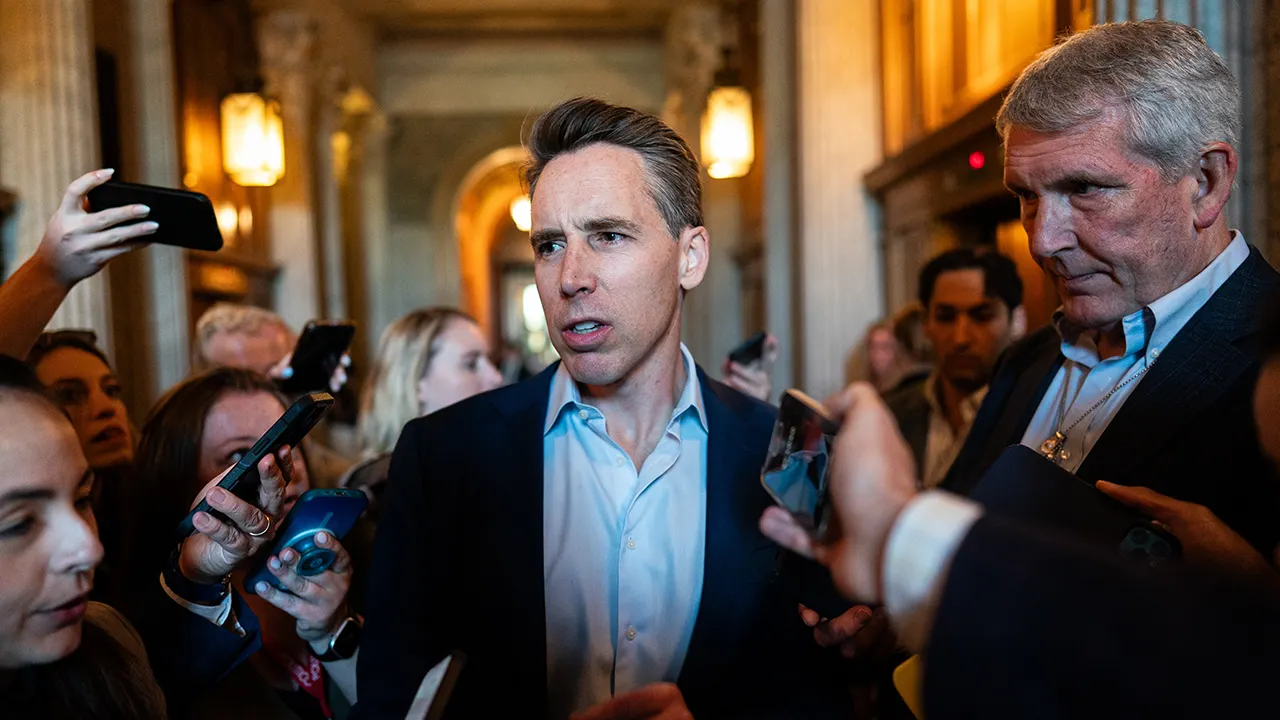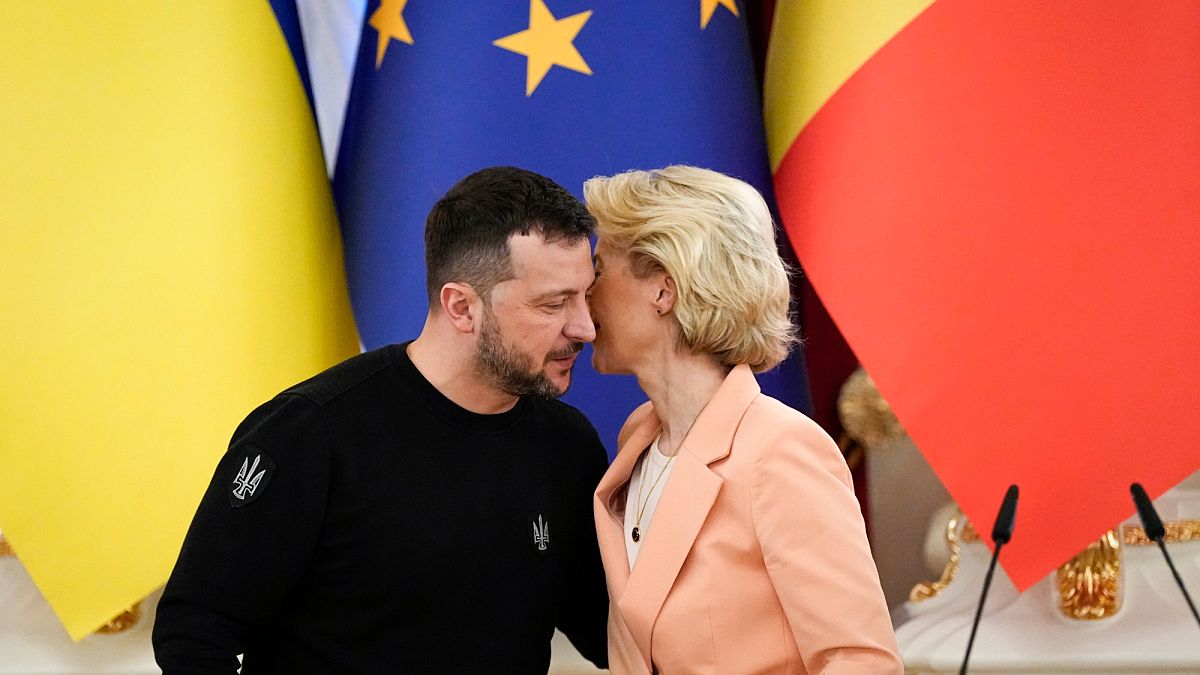Nevada
Lawyer who ‘ran point’ on fake electors reportedly participating with Nevada investigation
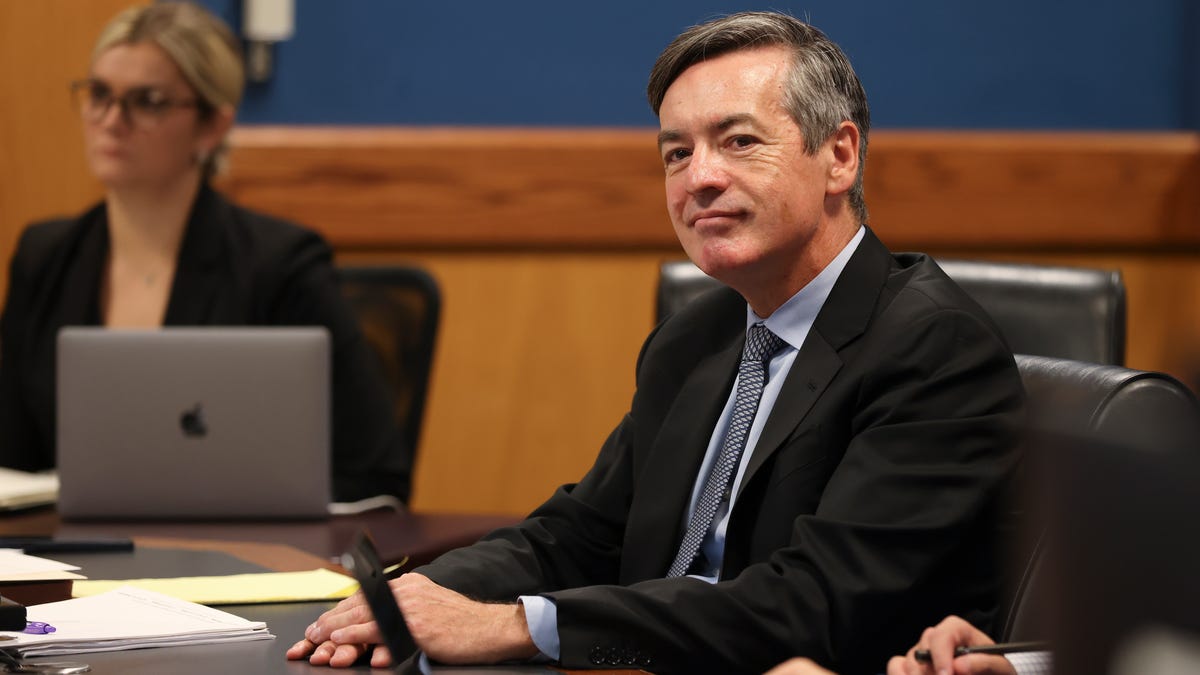
An attorney who reached a plea agreement in the Georgia case charging Donald Trump and 18 co-conspirators with plotting to overthrow the 2020 election results is participating in a Nevada investigation of Nevada’s fake electors.
The Washington Post and CNN both reported Thursday that Kenneth Chesebro is cooperating with prosecutors in Nevada and Arizona, and has received permission from the Georgia court to travel to those states for that purpose.
Emails and documents submitted as part of the House Select Committee investigating January 6 included several direct communications indicating Chesebro and Nevada’s fake electors knew that sending an alternate presidential electoral certificate to Congress was a violation of state law.
“Mayor Giuliani and others with the Trump-Pence campaign,” Chesebro wrote in one of the missives in December 2020, “asked me to reach out to you and the other Nevada electors to run point on the plan to have all Trump-Pence electors in all six contested States meet and transmit their votes to Congress on Monday, December 14.”
For nearly three years, Nevada Attorney General Aaron Ford has kept mostly mum about any investigation. Politico first reported last month that Ford was investigating Nevada’s fake electors.
Nevada’s fake electors remain deeply entrenched at the heart of Nevada Republican politics. Nevada Republican Party Chairman Michael McDonald was one of the fake electors, and remains the state party chair. Another fake elector, Jim DeGraffenried, is the Nevada Republican Party National Committeeman. In September, DeGraffenried was invited by the Nevada Secretary of State’s office to make an educational presentation to an Advisory Committee on Participatory Democracy.
The state party has objected to Nevada’s statutorily required presidential preference primary on Feb. 6, and is instead orchestrating a party-run caucus on Feb. 8, with Trump’s blessing.
Fake elector Jesse Law earlier this year was elected Clark County Republican Party chair, an election he won with the endorsement of Gov. Joe Lombardo.
Nevada’s other fake electors are Durward James Hindle III, vice-chair of the state Republican Committee; Shawn Meehan, a member of the Douglas County Republican Party; and Eileen Rice, also a member of the Douglas County Republican Party.
Neither the Post nor the CNN reports shed light on what charges might be brought in either Nevada or Arizona against the fake electors as a result of state investigations.
The January 6 committee depositions describe how Nevada’s fake electors were told that gathering as imposter electors and submitting a phony electoral college certificate to Congress was in violation of state law.
State statutes specify no penalty for violating that law, state lawmakers and Attorney General Aaron Ford contended while a bill to outlaw fake electors in Nevada was presented during this year’s legislative session. The bill ultimately passed, but was vetoed by Gov. Joe Lombardo.
“There was nothing on point, so the best you could have gotten was fraud, or falsifying records,” said Democratic state Sen. Skip Daly, the bill’s sponsor, earlier this year. “You could have said that they were trying to defraud the government. There were a couple of other theories.”
Nevada also has laws that mirror those used to bring charges by Michigan’s attorney general against that state’s fake electors, such as a prohibition against forgery. Nevada Revised Statute 239.300 makes it a category C felony to falsify any record.
In a deal with Georgia prosecutors in October, Chesebro pleaded guilty to a felony in the sprawling case against Trump and his allies for plotting to use fake electors to overturn the 2020 election results in Georgia, Nevada and five other states.
The fake electors were central to the plot, which was in turn central to the attack on the Capitol on January 6, 2021.
Originally facing seven charges in Georgia, Chesebro pleaded guilty to one – conspiracy to commit filing false documents.
As part of the plea deal, Chesebro has agreed to testify in the ongoing cases in Fulton County Superior Court involving Trump and the plot to subvert the election. He was given a very light sentence – 5 years probation and ordered to pay $5,000 in restitution to the Georgia Secretary of State’s office.
Chesebro’s guilty plea in October came a day after another Trump lawyer, Chesebro’s co-defendant Sidney Powell, similarly flipped on Trump and pleaded guilty in exchange for light sentencing.
In contrast to Trump, who has strived to delay his multiple upcoming trials indefinitely, Chesebro and Powell had requested and been granted a speedy trial, which had been scheduled to start in October. Fulton County prosecutors had summoned DeGraffenried to testify in that trial.
Chesebro is also an unindicted co-conspirator in the federal indictment brought against Trump by Department of Justice Special Counsel Jack Smith, which charges Trump with conspiring to defraud the United States, conspiring to disenfranchise voters, and conspiring and attempting to obstruct an official proceeding.
Hugh Jackson is editor of the Nevada Current, a nonprofit online source of political and policy news and commentary.

Nevada
Can veterans in Nevada rely on private medical care?

Nevada
Meg Fitzgerald | Honors College Staff

Summary
Meg Fitzgerald serves as the Student Actualization and Engagement Graduation Specialist for the Honors College, where she supports students on their journey to successfully graduating with Honors.
With a strong focus on honors advising and student engagement, Meg is deeply committed to fostering student success and helping each student reach their full potential. Throughout her decades-long career, her guiding goal has always been to empower students to thrive academically and personally.
In her free time, Meg enjoys traveling with her family, experimenting with new recipes, and reading.
Education
M.Ed in Counseling, Northern Arizona University
B.A. in Psychology, The College of New Jersey
Nevada
Last required budget bill heads to Nevada governor’s desk
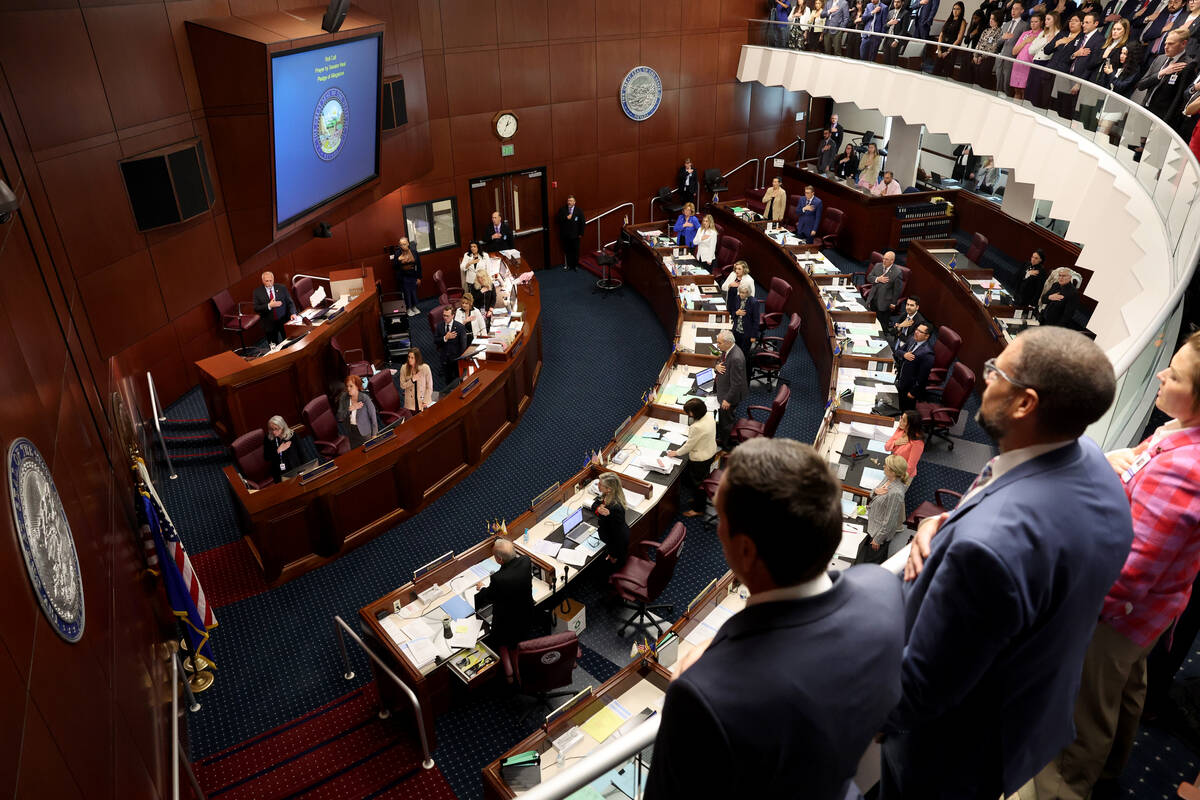
CARSON CITY — With less than half an hour until the end of the legislative session, lawmakers voted to send a budget funding capital improvement projects to Gov. Joe Lombardo’s desk — the last budget bill the Legislature is constitutionally required to pass.
Senate Bill 502 would pay for about $1.56 billion worth of projects, $1.1 billion financed through bonds.
It faced hurdles Monday after the Senate did not concur on an amendment that would have provided up to $50 million of general obligation bonds for attainable housing projects. The Assembly had first approved the amendment Sunday in a 38-4 vote, but it receded the amendment around 11:40 p.m., or else it would have faced going into a special session.
Before the housing amendment was removed, Assemblymembers Sandra Jauregui and Daniele Monroe-Moreno urged their colleagues to support the amended bill late Sunday night. It would have created the Nevada Attainable Housing Infrastructure Account for housing development projects. Up to $50 million of general obligation bonds would have been deposited in the account in the 2025-2027 biennium to be used for loans.
“With this amendment, we are keeping our promise to focus on affordable, attainable housing this legislative session,” Jauregui, D-Las Vegas, said Sunday night. “With the amendment, we are making sure that we are going to fund those projects that will help the affordability of housing in our state, and I want to thank the housing division and the executive branch for the hours that we have worked together to make this possible.”
Republican Assemblymembers Heidi Kasama, Danielle Gallant, Ken Gray and Jill Dickman voted in opposition Sunday.
In a statement, Kasama said she was concerned with structural deficits that were not resolved when the vote took place.
This is a developing story. Check back for updates.
Contact Jessica Hill at jehill@reviewjournal.com. Follow @jess_hillyeah on X.
-

 Movie Reviews1 week ago
Movie Reviews1 week agoMOVIE REVIEW – Mission: Impossible 8 has Tom Cruise facing his final reckoning
-
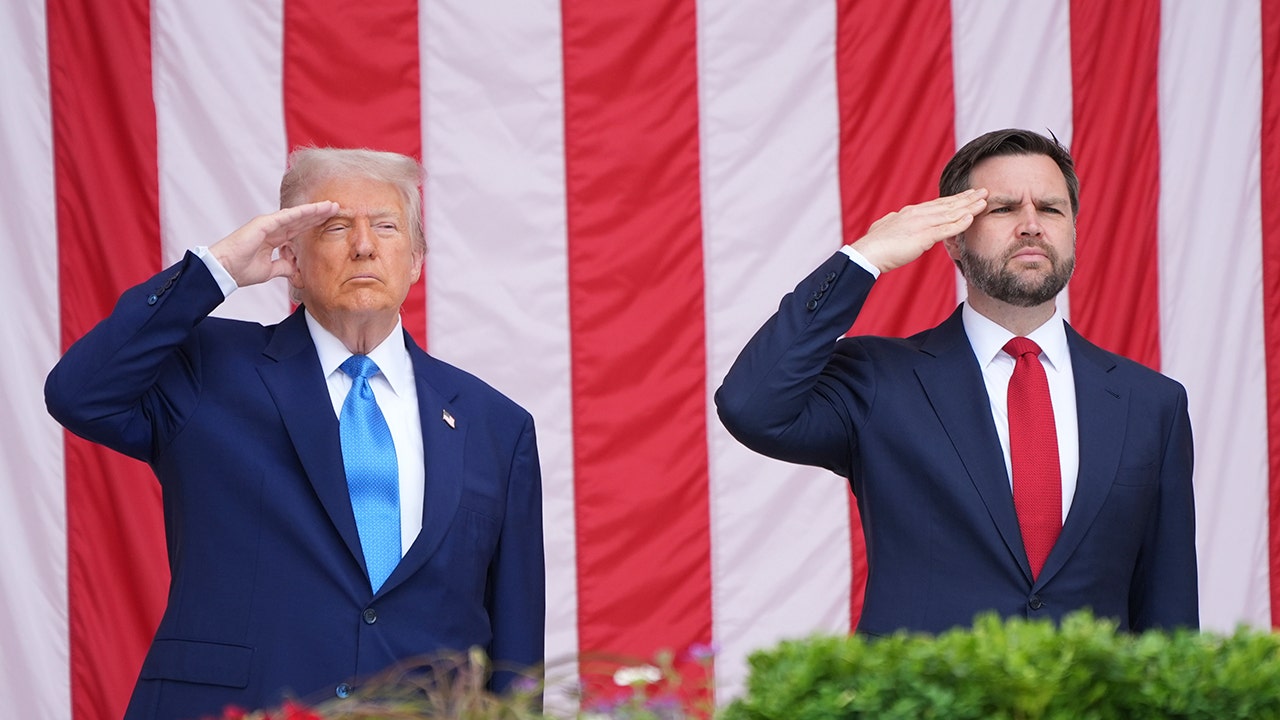
 Politics1 week ago
Politics1 week agoTrump honors fallen American heroes, praises God in Memorial Day address: 'Great, great warriors'
-

 Politics1 week ago
Politics1 week agoTrump admin asking federal agencies to cancel remaining Harvard contracts
-

 Culture1 week ago
Culture1 week agoCan You Match These Canadian Novels to Their Locations?
-

 Technology1 week ago
Technology1 week agoThe Browser Company explains why it stopped developing Arc
-

 News1 week ago
News1 week agoHarvard's president speaks out against Trump. And, an analysis of DEI job losses
-

 News1 week ago
News1 week agoRead the Trump Administration Letter About Harvard Contracts
-

 News1 week ago
News1 week agoCharles Rangel, Former New York Congressman, Dead at 94
